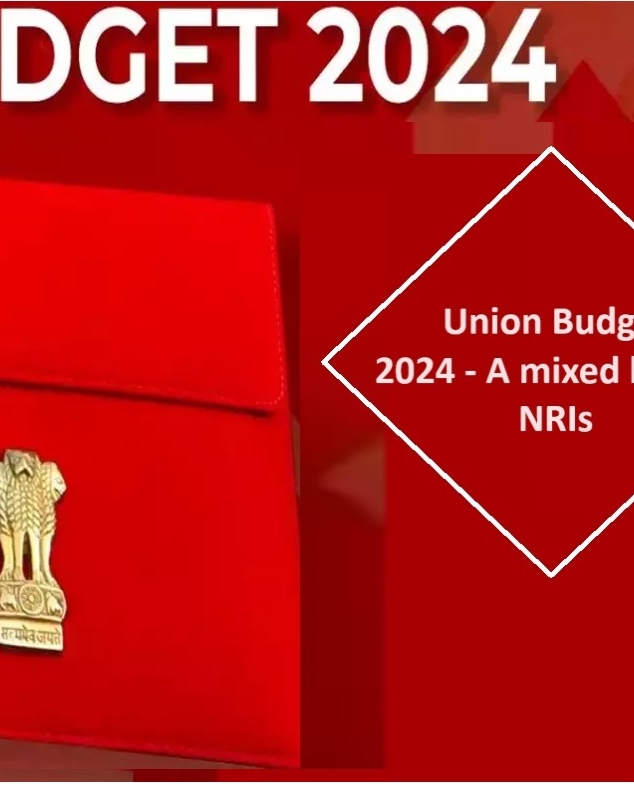Unlocking the Power of Stamps: Essential for Property Documents
Author: Overseas Indian Desk, at ZEUS Law
Non-payment of stamp duty can lead to the impounding of legal documents and attract a hefty penalty. The Indian Stamp Act, 1899 is the law relating to payment of Stamp duty in India. Stamp duty is a kind of tax payable on transactions of both movable and immovable property: in transactions pertaining to immovable property, stamp duty is usually calculated on the basis of the market value of the property (as per prevalent circle rates) or on the basis of the consideration amount of the property set out in the document, whichever amount is higher. Some important instruments pertaining to immovable property that must be compulsorily stamped are agreement to sell, sale deed, lease deed, gift deed, exchange deed and partition deed, to name a few.
Several States like Uttar Pradesh, Rajasthan, Kerala, Karnataka and Maharashtra etc. have enacted separate Stamp Acts and Rules. In such states, payment of stamp duty is governed by their respective state stamp acts and rules. Hence rates of stamp duty levied on a particular instrument may differ from state to state, as may be prescribed under the relevant stamp duty schedule of that state under the Indian Stamp Act, 1899, or under the separate Stamp Act.
When to pay?
Stamp duty is required to be paid either before the execution of the document or on the execution of the document. Accordingly, one must ensure full and requisite stamp duty has been paid before proceeding to execute the documents. As per the provisions of the Indian Stamp Act, 1899, in a sale deed, it is the buyer’s liability to pay stamp duty on sale transactions, unless the parties mutually agree otherwise. Similarly, in the case of a lease deed, it is the lessee’s responsibility to pay stamp duty on the lease transaction, unless the parties to the lease transaction mutually agree otherwise.
Why pay?
Timely payment of full stamp duty and subsequent registration, wherever required, enables a document to be admissible in evidence in courts. Section 35 of the Indian Stamp Act, 1899, imposes a bar as to the admission of an unstamped instrument in evidence. In case a dispute arises, a legal document that is not duly stamped would only become admissible in evidence in courts after the requisite stamp duty and penalty have been fully paid.
Hence, one must bear in mind that the consequences of non-payment or deficient payment of stamp duty are harsh – it can lead to the impounding of the document as well as attract a hefty penalty of up to ten times the applicable stamp duty.
Often, people erroneously assume that if a particular document does not require compulsory registration, then such document does not require to be compulsorily stamped either. However, there are certain documents (for instance, a lease deed of a term less than a year) that are required to be compulsorily stamped even though they may not require compulsory registration.
How to pay?
In Delhi, Gujarat, Karnataka, Maharashtra, Assam, Tamil Nadu, Rajasthan, and Himachal Pradesh, to name a few, e-stamping facility has been introduced.
Earlier, e-stamping in Delhi was compulsory only for transactions where stamp duty was more than ₹ 500. In Delhi, the use of e-stamp papers has now become mandatory for stamp duty of all denominations.
As e-stamping is done by secured electronic payment channels, fraudulent transactions and hoarding of stamp papers would be greatly curtailed.
****
For any queries, concerns or assistance, please feel free to reach out to us at [email protected]























